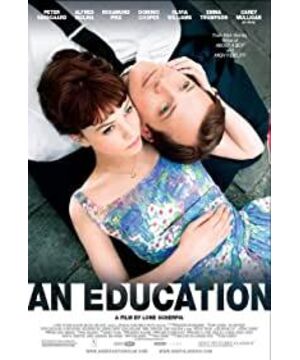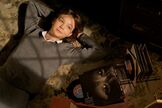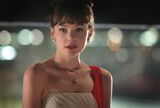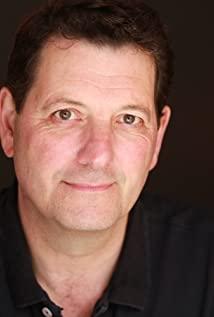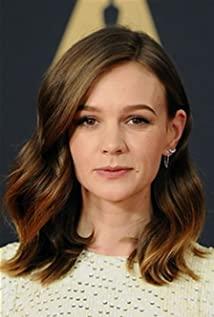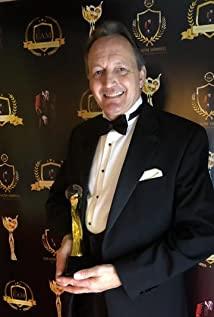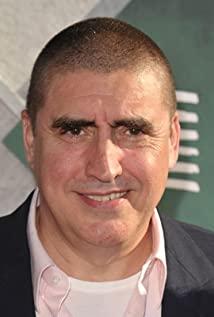I have had several misunderstandings about this "Growing Up Education". First of all, the English title reminds me of "The Education of Love" by Amicis, and I have been quite obsessed with the word education recently. Secondly, the opening chapter takes Jane Eyre as an example, which makes people think that this is another modern version of a Victorian educational novel. In addition, the cast is also average, although there are Emma Thompson and a former Bond girl to help, Orlando Bloom once auditioned (and later quit), but they are all supporting roles. Among the male and female protagonists, one either plays a small role in a blockbuster movie or plays the ravaged protagonist in a horror movie, and the woman just played a humble military wife in "Brothers". In short, I was going to change the film after watching ten minutes.
However, the plot took a sharp turn from four minutes and thirty seconds. That rain is the most beautiful scene in the whole play. In a small town in southeastern England, everything is so simple, and the sparsely standing low houses are shining in the rain, and even the Seine River later pales in comparison. I didn't even pay attention to the "1961" prompt when I watched it for the first time. It seems that the streets, street lights, shops, people's clothing, household arrangements, etc. in this country have remained the same for decades, not to mention Oxford's. Schoolhouse and Penguin Books designed the cover. It is in such a classical and classic background that Jenny met David - here I misunderstood the plot again, because I didn't pay attention to the time of the movie, and I didn't realize that David was driving a supercar. , I thought he was a taxi driver - I naively thought it was a Roman Holiday love story, and it wasn't until David became more and more lavish that I slowly understood the plot.
The screenplay of the film was adapted by writer Nick Homby based on the autobiographical novel "Growing Up Education" by a female journalist. The "education" here is the "lesson" of the female reporter when she was young. As a past person or a reflective person, she revealed that the purpose of her mistakes was to persuade the younger generation not to follow her footsteps, except to attract attention and earn some money for best-selling books. It is a pity that when she earns royalties, the purpose of persuading people to be kind is difficult to achieve.
Whether in the East or the West, Victorian male heroes were obsessed with girls—tall, handsome, thoughtful, black-capped and cape-riding a horse, a mansion or a castle, and a mysterious origin. By now, tallness may no longer be a rigid indicator - of course, cases are not excluded, I have also seen people who are not tall and do not marry - being stable and considerate is a necessary condition, and high-quality real estate is also indispensable. BMW or Mercedes-Benz is a plus. How many people can do this?
Modern society is unquestionably cruel to boys, especially in our patriarchal place with so many only children. From a family perspective, the patriarchal awareness has led many parents to instill too much male awareness when educating girls, resulting in an increasing proportion of strong girls in the crowd. From the point of view of national education, the test-oriented education system mass-produces individuals with no personality, on the other hand, it is only beneficial to the cautious personality. In this way, as shown in the movie, an older man can easily rely on a few The second courteousness usurped Jenny's heart, and the innocent and shy Gray was a complete failure.
The film's second ending is a bit off-putting - David goes to Oxford to find Jenny and promises a divorce, while Jenny walks away with her boys by the hand, leaving David looking at them pitifully - the second ending. Although the ending is a bit subtle, both are happy endings. Obviously, as the author of the past, no matter how much she paid, she finally realized the value of her boys, and what about the girls in the audience?
View more about An Education reviews


